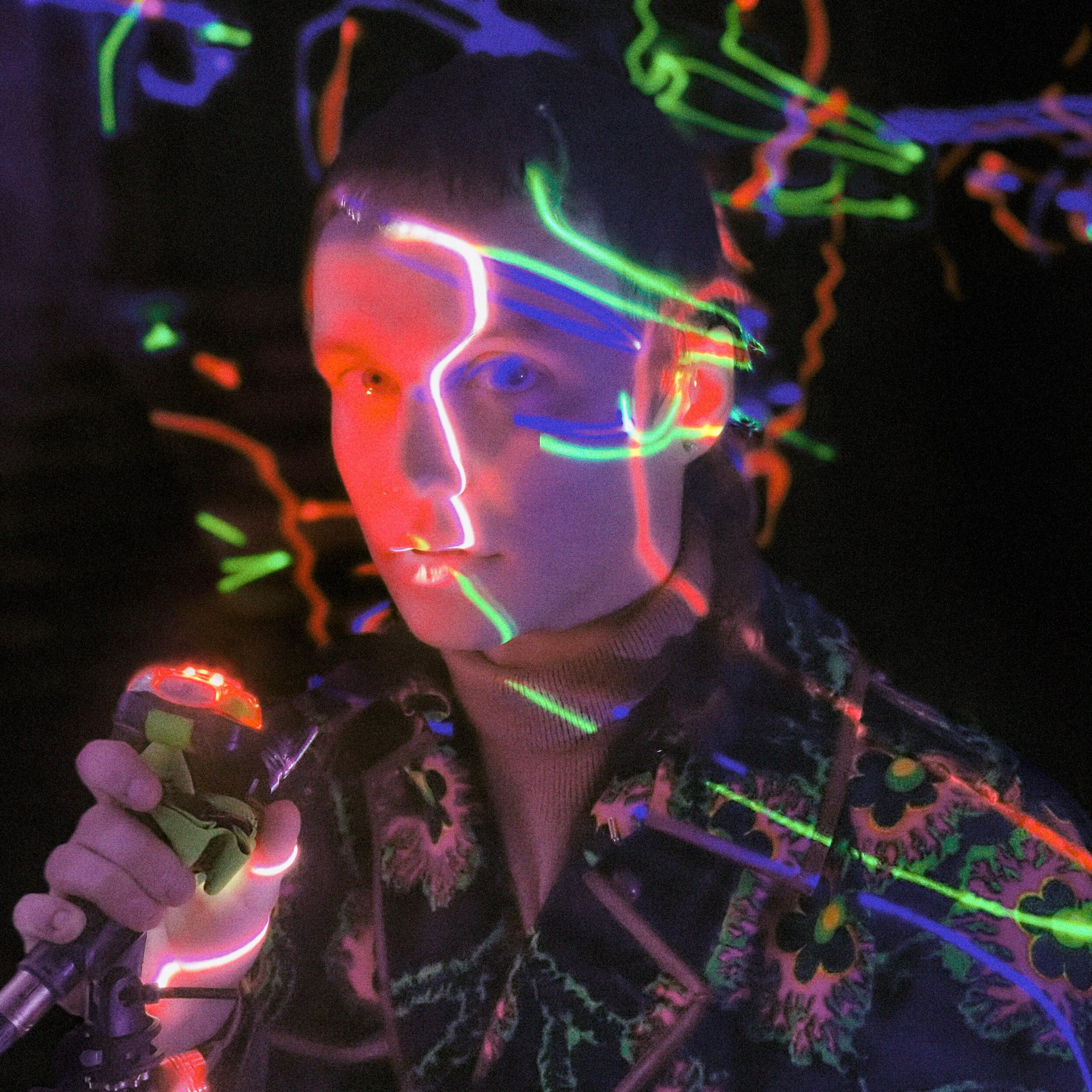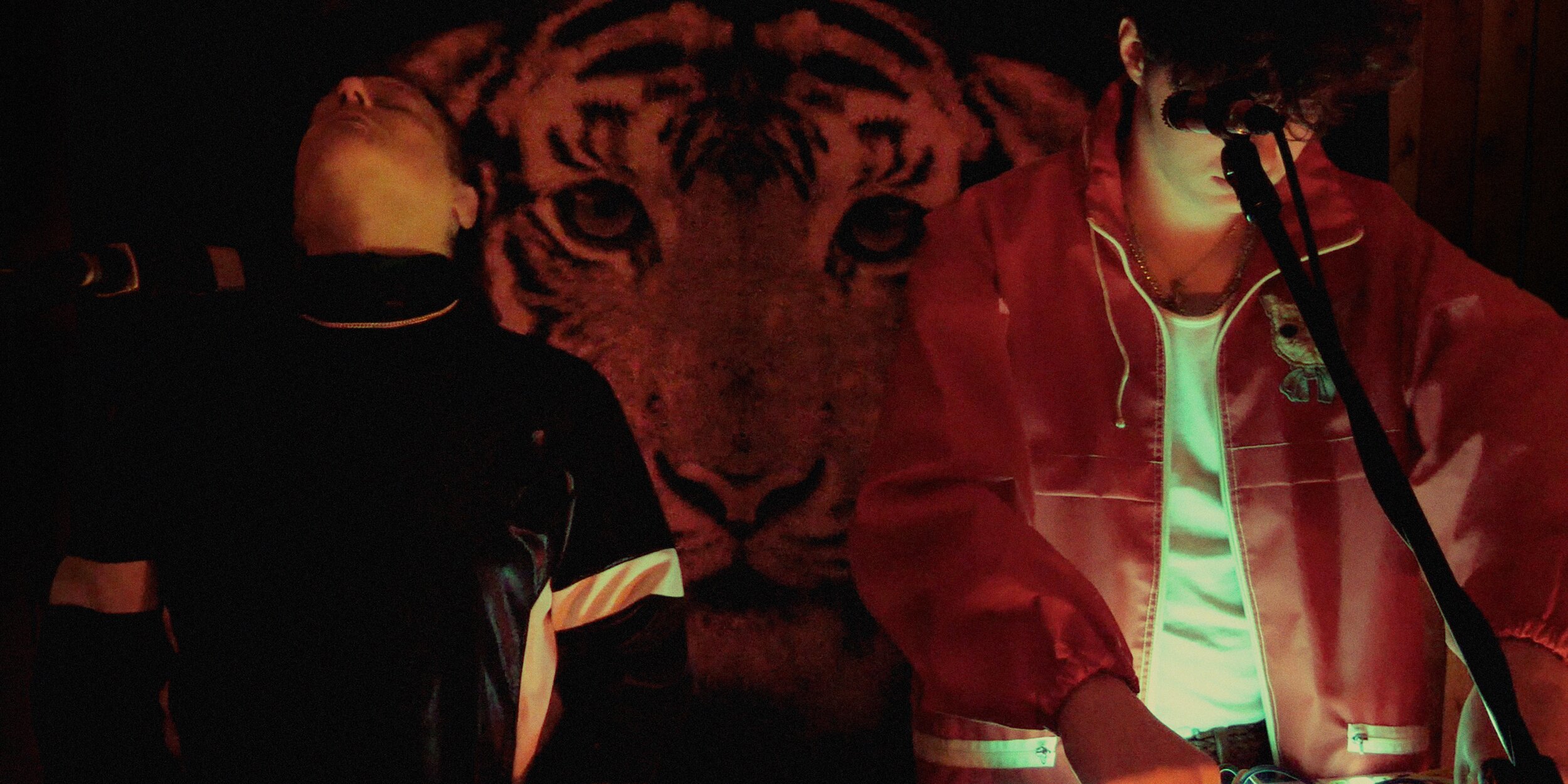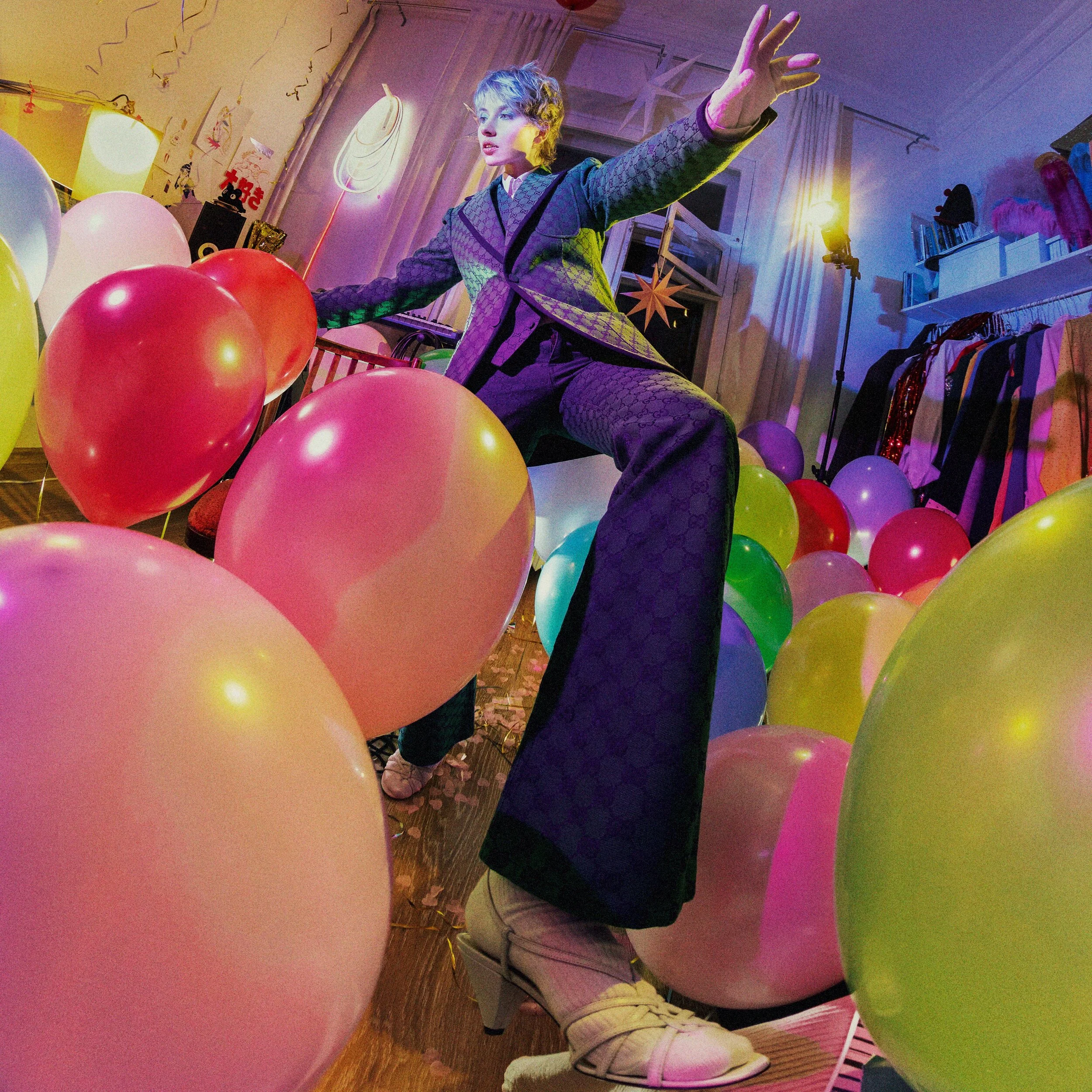Oliver Coates.
Notes From The Underground.
Oliver Coates isn’t exactly sure why, aged six, he first reached for the cello. ‘It’s a misty memory now, like a cut scene from Silent Hill,’ he says, ‘but I think I had ideas about the sound or the shape of the instrument.’
It’s hard not to imagine the silvery whisper of destiny guiding little Coates all those years ago. A preternaturally gifted player, he went on to graduate from the Royal Academy of Music with the highest score ever awarded to a student; receive the Royal Philharmonic Society Breakthrough Award for Young Artist; and become principal cellist for, among others, the London Contemporary Orchestra. But what truly distinguishes Coates is his crusade to free the cello from its classical constraints.
When we speak, the 38-year-old is at home in London’s Elephant and Castle. ‘I make most of my music here,’ he says. ‘I have all the ingredients of a studio but, at the same time, I don’t have it as a sealed-off environment from family life. I like inadvertent experiments in ideas and sound, and how life and musical work can flow together.’
He’s just finished collaborating with Arca, the Barcelonabased artist famed for pushing pop to its mutant outer reaches. It speaks volumes that Arca describes the creative process of working with Coates on ‘Madre’, the title track of her new maxisingle, as one filled with ‘insane resonance and chemistry’, adding that where Coates took the project ‘felt like the place I dreamed of but couldn’t reach without him’.
For Coates, it’s the latest in a long line of avant-garde excursions that have seen him open on tour for both Thom Yorke and Radiohead, conduct a performance of his electronic music for Karl Lagerfeld’s homecoming Chanel show in Hamburg, headline the Manchester International Festival curated by David Lynch and release Upstepping, a 2016 album inspired by the snare drum programming of mid-Nineties garage. He describes his most recent album, skins n slime, as ‘ambient shoegaze and pastoral metal’.
Technology is key to Coates’ wild reimagining of what a cello can do. ‘There is a constant hybrid relationship between the cello, microphones and computer,’ he explains. ‘I no longer think of them as separate elements, more of a chain where the arcane and the digital are in constant negotiation and expansion. It’s always in the pursuit of beauty, not an interest in technology by itself.’
He politely resists any comparisons to the late, great American cellist Arthur Russell who, through the Seventies and Eighties, made unhinged art-disco records and collaborated with the likes of Allen Ginsberg and David Byrne – but acknowledges Russell ‘sprinkled gold dust on everything he touched’. Coates’ preferred list of inspirations is brilliantly eclectic: Shostakovich, Aphex Twin, sculptor Mike Nelson, Cocteau Twins, My Bloody Valentine, Marion (‘the band from Macclesfield’), the haunting ballroom pop of The Caretaker and psychoanalyst Adam Phillips. ‘I’m also deeply inspired by my friends who are great musicians, Anna Meredith and Mica Levi,” he points out.
Coates played on Mica Levi’s mesmerising score for the scifi film Under The Skin. He’s also played on the soundtracks for Paul Thomas Anderson’s The Phantom Thread and The Master, and has just completed scores for two upcoming features. Cinema seems to suit Coates: if he could score any existing film, what would he choose? ‘Badlands or possibly Don’t Look Now,’ he says.
With live shows relegated to the collective memory bank for now, has he ever achieved a perfect performance? ‘You can have the feeling that everything is singing, that you have a wonderful show,’ he says. ‘But I think it’s about what’s coursing through your veins rather than any measurable standard, how your physiology imbues everything with a richness at that time. There’s certainly no perfect sound, only meaningful sound.’










